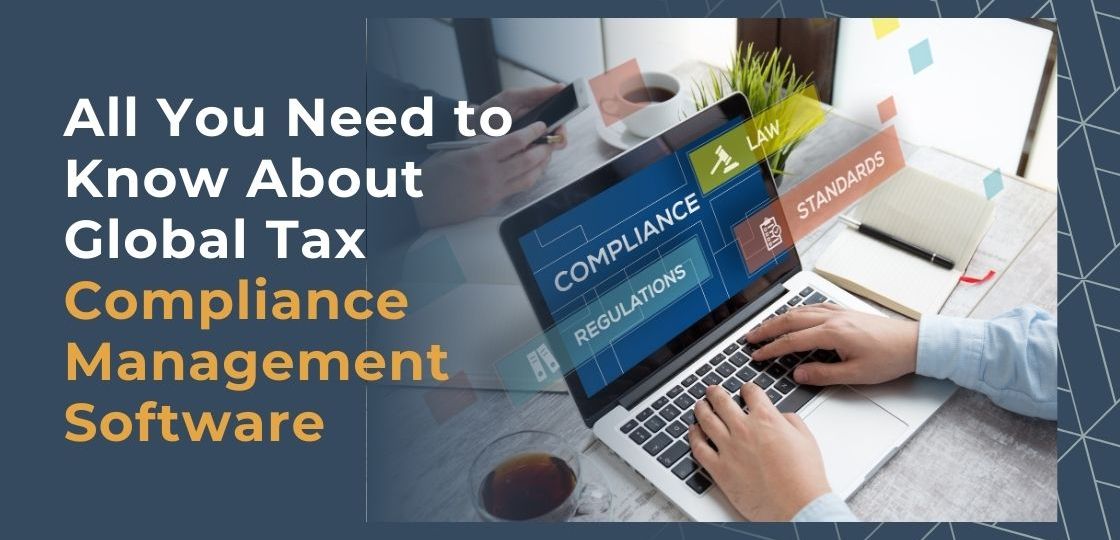
In the dynamic and complex global e-commerce world, navigating tax compliance effectively is crucial for businesses aiming to expand their market reach. Advanced financial solutions tailored for online retailers can significantly reduce the burdens of managing multi-national tax obligations.
This article delves into how innovative technologies are reshaping how businesses handle taxes in e-commerce, ensuring compliance and enhancing operational efficiency without frequently mentioning specific brand names.
What Is Tax Compliance Management Software?
Tax compliance management software is a technology designed to help companies and individuals meet their tax obligations and comply with regulations. The software can automate various tax-related workflows such as calculating taxes owed, generating required filings and tax returns, running audits, etc.
Key Features of Modern Tax Compliance Management
1. Landed Cost Calculation
A pivotal feature of advanced tax solutions is the accurate computation of total landed costs directly at checkout. This transparency lets customers see the full price, including duties, taxes, and additional fees, reducing cart abandonment and enhancing trust.
2. Automation of Trade Documentation
By automating the generation of necessary trade declaration documents for both exports and imports, these systems minimize human error and ensure compliance with global trade regulations, saving businesses valuable time and reducing potential risks.
3. Efficient Management of Tax Returns
Handling returns is a frequent challenge in online shopping. Modern systems efficiently manage tax issues related to returned items, facilitating the smooth reclamation of taxes and maintaining profitability.
4. Detailed Tax Reporting
Robust solutions provide extensive tax reports essential for managing e-commerce operations within various regulatory frameworks, such as the European Union’s One-Stop Shop (OSS) and Import One-Stop Shop (IOSS). These reports are crucial for ensuring ongoing compliance and simplifying financial procedures.
Types Of Tax Compliance Management Software
Direct Tax Compliance Management Software
Direct taxes are taxes paid directly to the government, like income and corporate taxes. The direct tax compliance management software helps individuals and businesses correctly calculate, file, and pay these direct taxes on time.
Indirect Tax Compliance Management Software
Indirect taxes are levied on the production, sale or consumption of goods and services, such as customs, excise, service, sales, and value-added taxes. The indirect tax compliance software helps businesses accurately manage ledgers, invoices, and credit/debit notes, calculate tax liability, and ensure timely tax payment and filing.
Advantages Of Tax Compliance Management Software
- Accuracy and Reliability: Automated calculations and document generation reduce the risk of errors, ensuring precise handling of tax-related processes.
- Time and Cost Efficiency: Automating complex and time-consuming tasks lowers operational costs and frees up resources to focus on core business activities. The software automates many global payroll tax compliance tasks like data collection, calculations, reporting, etc.
- Enhanced Customer Experience: Clear pricing and streamlined return processes improve the shopping experience, fostering customer loyalty.
- Regulatory Compliance: Keeping up-to-date with the latest regulations and requirements is simplified, protecting businesses from potential legal complications.
Future Of Tax Compliance Management Software
Tax compliance management software will likely become even more important and advanced in the coming years. As tax laws and regulations continue to evolve, these systems must keep pace to help companies and individuals remain compliant. Tax compliance software will probably leverage new technologies such as artificial intelligence and machine learning to offer more personalized guidance based on a user’s unique situation.
Cloud-based solutions should continue to grow in popularity thanks to their flexibility, scalability, and ability to roll out updates quickly. Application programming interfaces (APIs) will also allow financial software to integrate with other business systems like ERPs for easier data sharing. Overall, the goal will be to simplify tax compliance through smart automation rather than a manual chore. The software will aim to reduce compliance costs while proactively spotting any issues before they create problems with tax authorities.
Advanced analytics and scenario planning could become standard features. Tax compliance software will likely become increasingly accurate, user-friendly and indispensable for businesses and consumers as technology improves.
Streamline Tax Compliance with Logilink
Logilink offers smart financial solutions to make your life easier. Their automated services handle the tricky tax calculations on your e-commerce transactions, so you don’t have to. Effortlessly generate the right declaration documents for shipping, get tax rebates on returns, and pull the reports you need to stay compliant wherever you sell.
Stop wasting time wrangling with tax tasks. Logilink has the cutting-edge tools to lift the burden so you can focus on growing your business with peace of mind. See how seamless cross-border trade can be – contact Logilink to streamline taxes today.
